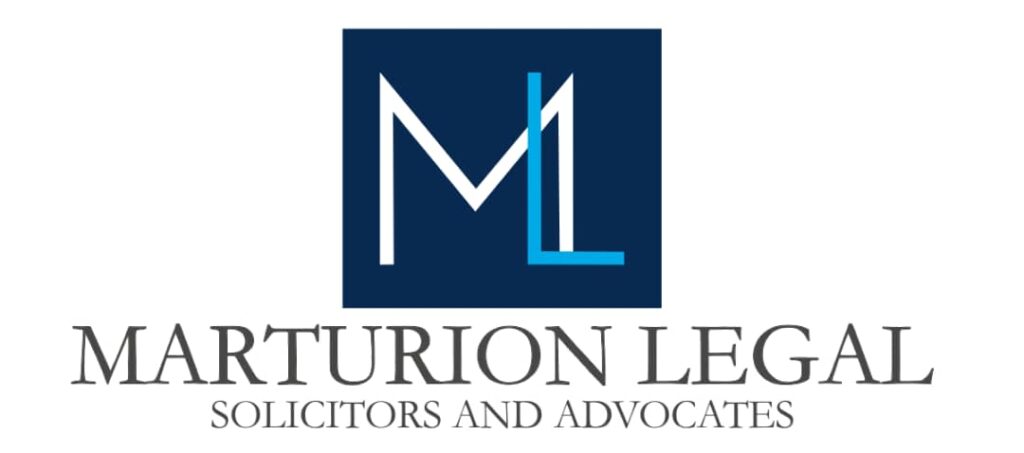Any foreign company that does not have a separate registered entity is not permitted to carry on business in Nigeria exercise the powers of an incorporated company, or have a place of business or an address for service except the address is to receive notices preliminary to incorporation. The court has given further backing to this provision in the case of CITEC INTERNATIONAL ESTATES LTD. v. EDICOMSA INTERNATIONAL INC & ASSOCIATES[ii].
Foreign Companies which are Exempted from Registration
There are, however, exemptions to this rule. A foreign company may apply to the Minister of Industry, Trade and Investment for exemption from registration in the following circumstances
[iii]:
1. Where the foreign company was invited by or with the approval of the Federal Government to carry out a specific project;
2. Where a foreign company is in Nigeria to execute an individual loan project on behalf of a donor country or an international organization;
3. Where a company that is solely owned by a foreign government engages solely in export promotion activities;
4. Engineering and technical experts who are engaged by any of the governments of the Federation (federal, state or local) or any of their agencies or anybody or person with the permission of the Federal Government to carry out a specific project;
5. Foreign companies that had been granted an exemption under any previous Companies Act;
6. Foreign companies that are exempted under a treaty to which Nigeria is a party.
Application for Exemption
The application for exemption should include the following information
[iv]:
(a) The name and place of business of the foreign company outside Nigeria;
(b) The name and place of business or the proposed name and place of business of the foreign company in Nigeria;
(c) The name and address of each director, partner or another principal officer of the foreign company;
(d) A certified copy of the charter, statutes, or memorandum and articles of association of the company, or other instrument constituting or defining the constitution of the company and if the instrument is not written in the English language, a certified translation thereof;
(e) The names and addresses of one or more persons resident in Nigeria authorized to accept, on behalf of the foreign company, service of processes and any notice required to be served on the company;
(f) The business or proposed business in Nigeria of the foreign company and the duration of such business;
(g) Particulars of any project previously carried out by the company as an exempted foreign company; and
(h) Such other particulars as may be required by the Minister or Secretary to the Government of the Federation.
The Minister may grant exemption to the applicant company upon such terms as he may prescribe. The exemption will stipulate the period and/or specific project or series of projects for which the exemption is granted and will subsist solely for the period specified
[v]. The Minister is empowered by law to revoke the exemption upon violation of a provision of the Companies and Allied Matters Act (CAMA) 2020 or any of the conditions upon which the exemption was granted
[vi]. Within 30 days of being exempted, the foreign company is required to deliver a notice of exemption to the CAC and pay the prescribed fee
[vii]. Failure to do this will attract a penalty for each year of default
[viii].
Status of a Foreign-Exempted Company
A foreign company exempted from registration in Nigeria has the status of an unregistered company
[ix]. This, however, does not preclude it from abiding by the rule of law or suing or being sued in its name or the name of its agent
[x].
Conclusion
Any act of a foreign company engaging in business in Nigeria without registering a separate entity or applying for exemption is void[xi]. Therefore, foreign companies interested in doing business in Nigeria are advised to apply for registration of a separate entity or exemption if they qualify under section 80 of CAMA.
REFERENCES
[i] Section 78(1) Companies and Allied Matters Act (CAMA) 2020
[ii] (2018) 3 NWLR (Pt.1606) 332
[iii] Section 80(1)(a)-(d) and section 78(3)(a)-(b) CAMA 2020
[iv] Section 80(2) CAMA 2020
[v] Section 80(4) CAMA 2020
[vi] Section 80(5) CAMA 2020
[vii] Section 80(7) CAMA 2020
[viii] Section 80(8) CAMA 2020
[ix] Section 82 CAMA 2020
[x] Section 84(b) CAMA 2020
[xi] Section 78(2) CAMA 2020
The content of this article is intended to provide a general guide to the subject matter. Specialist advice should be sought about your specific circumstances.




